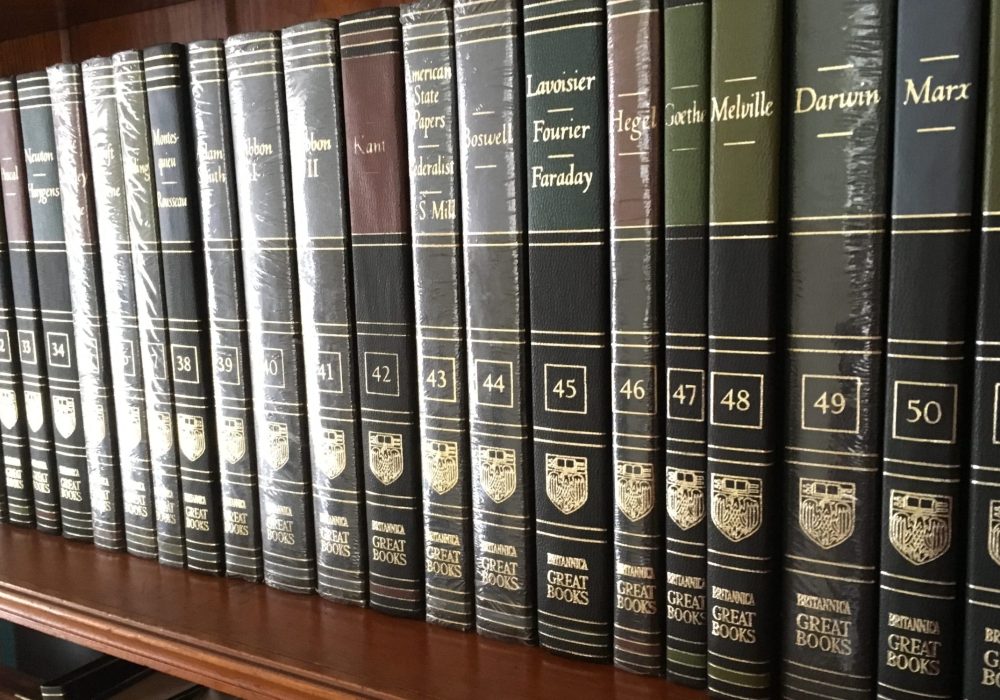Can one be rational and also believe in miracles? The philosophers of the Enlightenment held that it was impossible for the laws of nature to allow such ruptures: to believe in miracles was to be de-facto irrational. Voltaire said that a miracle was a “contradiction in terms,” and Thomas Jefferson famously cut all the miracles out of his Gospels with a razor. David Hume presented a famous argument against the rationality of believing in miracles in his Enquiry Concerning Human Understanding (Chapter 10).
Over dinner on Saturday evening, Dr. Jason Cather (University of Chicago) will lead a discussion on Hume’s argument. Does it conclusively prove that no rational person can believe in the existence of miracles? Or does Hume promise more than he delivers? Students are encouraged to review Hume’s Enquiry, Chapter 10 in advance, but no prior reading is required. Dinner is provided.
Open to undergraduate students. Students are encouraged to review Hume’s Enquiry, Chapter 10 in advance, but no prior reading required. Dinner will be served
Part IV of the Winter 2020 Great Books and the Christian Tradition seminar series.
—
Great Books and the Christian Tradition
From the School of Alexandria and the reading of Scripture in the Monasteries, through the re-formulation of the Liberal Arts in the medieval schools and universities, in the renewal of the tradition that included Petrarch, Erasmus, John Henry Newman, and Ressourcement, the development of the Liberal Arts Tradition has been intertwined with Christian thought. This series highlights the connection between the Liberal Arts and the Christian Intellectual Tradition and aims to recover the humanistic and contemplative spirit of a truly liberal education.
Other seminars in the series include:
I. Are the Great Books Good for us? Liberal Education and the Christian Tradition
II. Achievement and the Christian Life: What is Education For?

